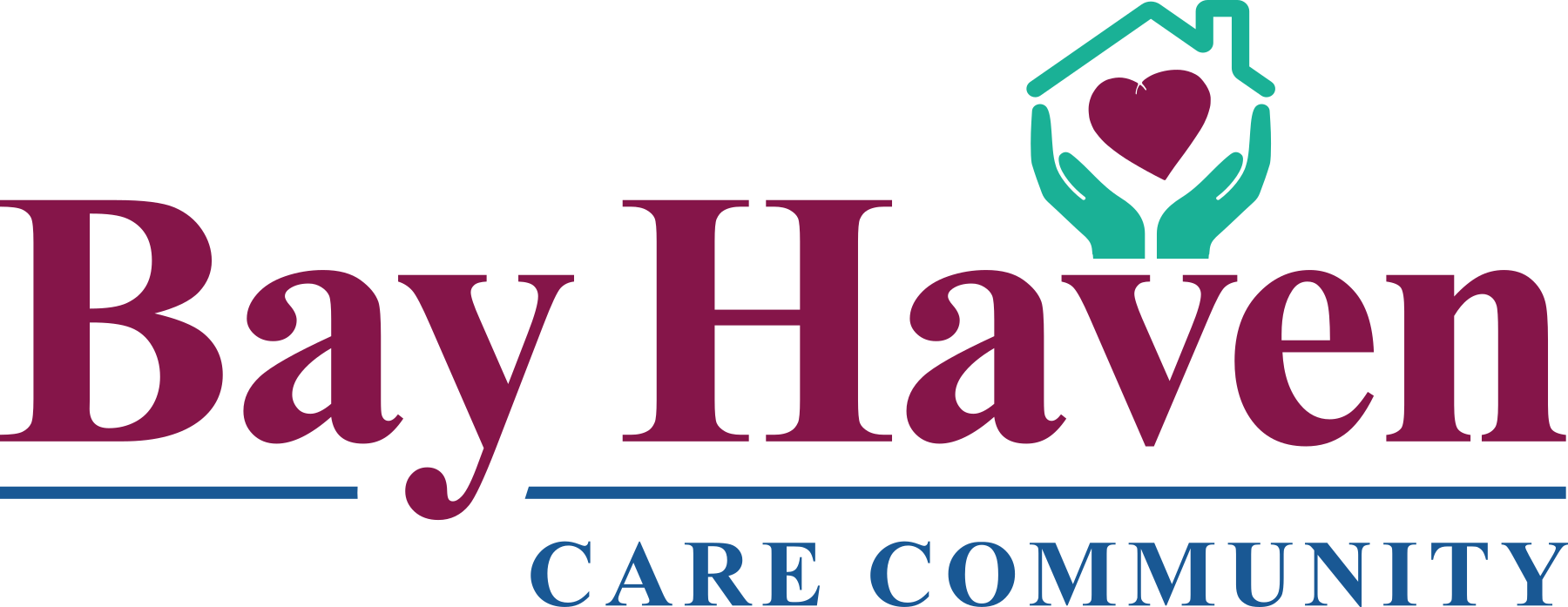Sounds simple right? But when we really think about it, do we consciously and actively take good care of ourselves? For many, the answer is no.
Initially it can be challenging to find the time as we can overthink self-care and make it this “big thing” to achieve, however it can be quite simple, it comes down to small, daily decisions that add up to big rewards when you look at the big picture.
Here are 8 pillars of self-care that you can be focus on:
Physical: This involves movement of the body, your health, nutrition, sleep/rest touch and sexual needs. Some ways you can focus on physical self-care are 1) take a walk and connect with nature whenever possible 2) eat health nourishing foods, 3) get adequate sleep, aim for 8 hours a night on average, and 4) drink plenty of water.
Psychological: This involves learning new things, showing creativity, practicing mindfulness, using consequential thinking, engaging intrinsic motivation. Some ways you can focus on physical self-care are journaling and self-reflection, practicing mindfulness and an awareness of the present moment and cultivate a feeling of acceptance of what is. Master a new skill that feels good to you-crafting or drawing or learning something new and expanding your knowledge, just make sure it does not cause stress.
Emotional: This involves exercising compassion for yourself and others and seeing negative emotions arise and not letting it control you. Finding ways to focus on emotional self-care are watching your thoughts, developing a better emotionally supportive dialogue in your mind, and become aware of your feelings. Manage stress through therapeutic activities like listing to music, create art, or engage with nature.
Social: This involves your connection with your community, your co-workers, your friends and family, the world, and humanity. With social distancing and lockdowns, this can put a strain on your social connections. It makes it more important to make the time to connect with loved ones any way you can safely. Ways you can focus on social self-care include recognizing and keeping away from toxic people in your life. When we join a group, community or volunteer our time to help others, we fill our own happiness cup up too. Meet new people and connect on a deeper level. Realizing we are all connected and all unique.
Professional: This involves loving what you do for a profession. Having a clear understanding of your role and responsibilities and feeling that your work makes an impact every day. Ways too focus on professional self-care are- attending professional development courses and get involved at work in committees etc. Set clear healthy boundaries and have a good work-life balance, negotiate your needs and benefits in a clear assertive way.
Financial: This involves a healthy relationship with your money. How do you see money? Ways to focus on financial self-care are include being conscious of spending habits and debts that may be outstanding. Manage your money wisely, plan a budget that suits you and get help from a planner if needed. Keep mindful of what bills need to be paid and do it on time. It will make you feel relieved and focus on having a good relationship and purpose for your money.
Spiritual: This involves connecting with your higher consciousness, feeling the life and connectedness to all living beings within all of us. Ways you can focus on spiritual self-care are – making a list of personal beliefs and guiding values but its best to not have a fixed, rigid mental state that must be defended – accept what is. Spend time connecting with nature and feel its essence. Ensure to allow for adequate spiritual practices or religious activities, what makes you feel connected with others and feels good to you.
Environmental: This involves your space you live in, your connection with the earth and all living things. Ways to focus on your environmental self-care are to keeping your living and workspaces clean, neat, and organized. This will help you focus, gain clarity, and comfort when needed. Complete seasonal cleaning and organizing and allow for that time to regenerate and change things up. If it is not working seek out a feng shui approach to help. Consider your direct impact on the health of Mother Earth and do whatever you can to reduce your impact. For example, reuse, reduce and recycle when possible. Plant trees and plants that help heal the earth and reduce chemical use in the home and in the garden. Healthy soils equal healthy life.
Remember everyone’s self-care plan will look so different and be totally personal. Start by making small goals and feel joyful about self-care try to reduce and overwhelmed feelings related to it! I hope this helps everyone’s self-care journey! Lots of love to you all!

Lillian Kelly
RN Director of Nursing

